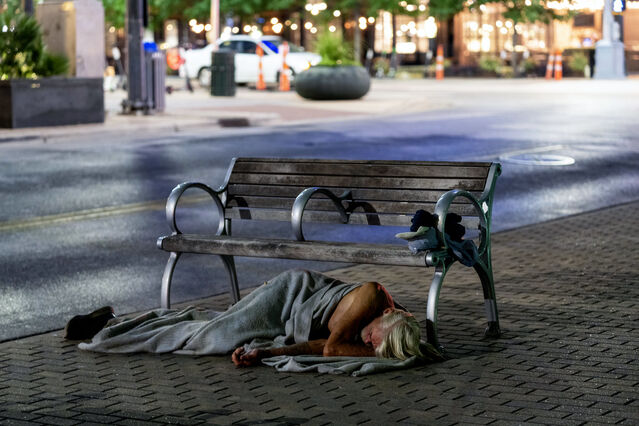
Engaging with People who have been Homeless
Our first battle in ending homelessness is realizing people who experience homelessness are human. Someone who is unhoused in your community is your neighbor.
At NCH, we focus our policies and programs on lifting up the voices of people who have been or are currently experiencing homelessness. We understand these to be the true experts on the issues and solutions surrounding the decades long political failure of homelessness. NCH works hand-in-hand with grassroots organizers and organizations, trains and employs advocates who have been homeless, and takes direction from the voices of those who have been most impacted by the lack of a permanent home.
We encourage all of our colleagues and communities to be mindful in how we engage with, and refer to, people who experience housing instability or homelessness.
“[U]sing language that accurately and respectfully describes each individual’s situation is essential to advocating for housing justice.” Read more about why the language we use to describe people matters.
of the staff at NCH has personal experience with homelessness
Since NCH was formed we have focused on building and following the leadership of people most impacted by homelessness
at least half of NCH's Board of Directors have personally experienced homelessness
Engaging With Storytellers
The only chance we have for truly ending homelessness lies in the expertise and leadership of those who have been impacted most by the experience of homelessness. With so many negative stereotypes of people who experience homelessness, many housed folks look for support in approaching people who are currently or formerly homeless.






